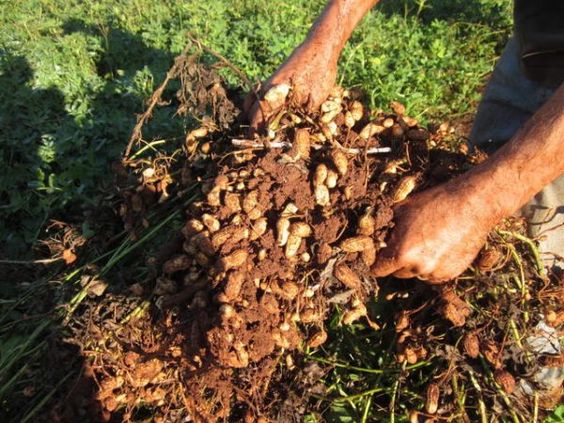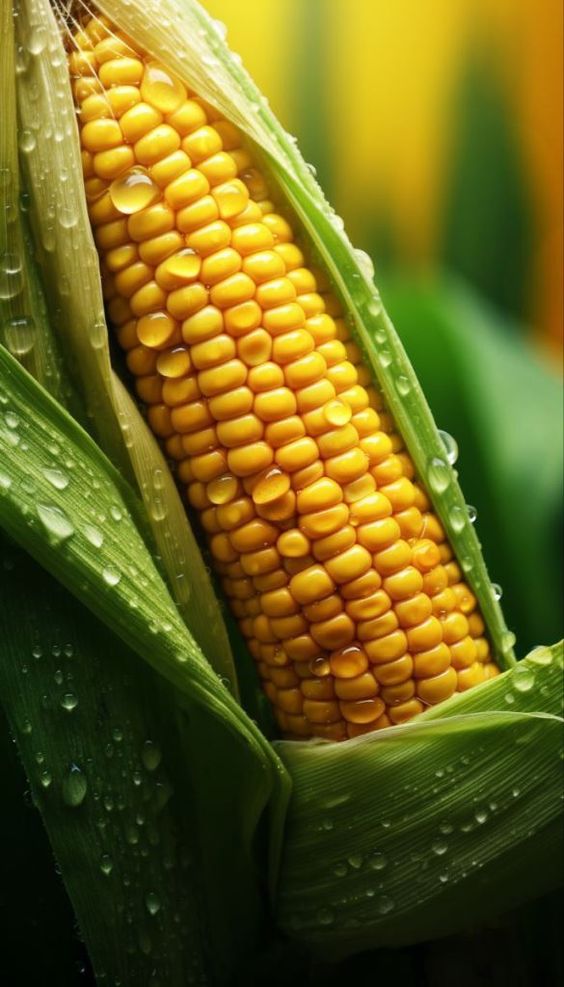Cultivating the Future: How Smart Agricultural Cooperatives are Revolutionizing Farming
Smart Agricultural Cooperatives sector, for millennia, has been the backbone of human civilization. But as the world’s population grows, so does the demand for sustainable and efficient food production. Here’s where Smart Agriculture steps in, utilizing technology to optimize farming practices. And within Smart Agriculture, Smart Agricultural Cooperatives are emerging as powerful drivers of change.
This article explores the concept of Smart Agricultural Cooperatives, delving into how they leverage technology, collaboration, and collective knowledge to empower farmers and create a more resilient agricultural future.
Contents
The Rise of Smart Agricultural Cooperatives
Smart Agriculture, also known as Precision Agriculture, refers to the application of technologies like sensors, data analytics, and automation in farm management. Sensors collect real-time data on various factors like soil moisture, nutrient levels, and weather conditions. This data is then analyzed using sophisticated algorithms to optimize irrigation, fertilization, and pest control. Automation further enhances efficiency by automating tasks like crop monitoring and harvesting in some cases.
Smart Agriculture offers a multitude of benefits, including:
- Increased productivity and yield
- Reduced water and resource use
- Improved crop quality and consistency
- Minimized environmental impact
- Enhanced farm profitability
The Power of Cooperation: Enter Smart Agricultural Cooperatives
While Smart Agriculture holds immense potential, implementing these technologies can be challenging for individual farmers, especially smallholders. The upfront costs of sensors, data analysis tools, and potential automation equipment can be significant. Additionally, leveraging the full advantages of data analysis often requires expertise beyond the traditional skillset of a farmer.
This is where Smart Agricultural Cooperatives come into play. These cooperatives are farmer-owned and operated businesses that pool resources, knowledge, and bargaining power to benefit their members. In the context of Smart Agriculture, cooperatives can be instrumental in:
- Collective Investment: Cooperatives can invest in expensive technologies like sensors and data platforms on behalf of their members, making them more accessible and affordable.
- Data Sharing and Aggregation: By sharing data within the cooperative, farmers gain valuable insights into regional trends and best practices. Aggregated data also holds more power for negotiation with input suppliers and buyers.
- Knowledge Dissemination: Cooperatives can facilitate knowledge exchange workshops and training programs to educate members on using Smart Agriculture technologies and interpreting data.
- Risk Management: Cooperatives can create collective risk-mitigation strategies, such as joint insurance plans or sharing resources during weather emergencies.
The Advantages of a Cooperative Approach
Beyond cost-effectiveness and knowledge sharing, Smart Agricultural Cooperatives offer several additional advantages:
- Standardization and Traceability: Cooperatives can establish quality standards and implement robust traceability systems, increasing the value of their produce for consumers.
- Market Access: Cooperatives can act as a single point of contact for buyers, improving market access and bargaining power for small-scale farmers.
- Sustainability Focus: Cooperatives can promote sustainable practices like water conservation and integrated pest management through collective action.
Examples of Smart Agricultural Cooperatives in Action
Across the globe, Smart Agricultural Cooperatives are demonstrating the power of this approach.
- Grameen Krishi Sewa Cooperative (GKSC) in India utilizes mobile technology to connect farmers with weather forecasts, market information, and agricultural advice.
- The Dutch Rabobank Cooperative provides financial resources and expertise to help farmers invest in Smart Agriculture technologies.
- Colombian coffee cooperative, Cenicafé established a network of weather stations and a data platform to advise members on climate-smart practices.
Building a Thriving Future for Agriculture
Smart Agricultural Cooperatives hold immense potential to revolutionize the agricultural sector. By combining cutting-edge technology with the enduring strength of cooperation, these cooperatives empower farmers to improve their yields, manage risks, and adapt to changing environmental conditions. As Smart Agriculture continues to evolve, Smart Agricultural Cooperatives are poised to play a central role in building a more sustainable, resilient, and profitable agricultural future for all.
Conclusion Smart Agricultural Cooperatives
The future of agriculture hinges on innovation and collaboration. Smart Agricultural Cooperatives offer a compelling model that leverages technology, collective knowledge, and shared resources to empower farmers and ensure the long-term sustainability of our food systems. By fostering a spirit of cooperation, these organizations are paving the way for a more prosperous and food-secure future for generations to come.




